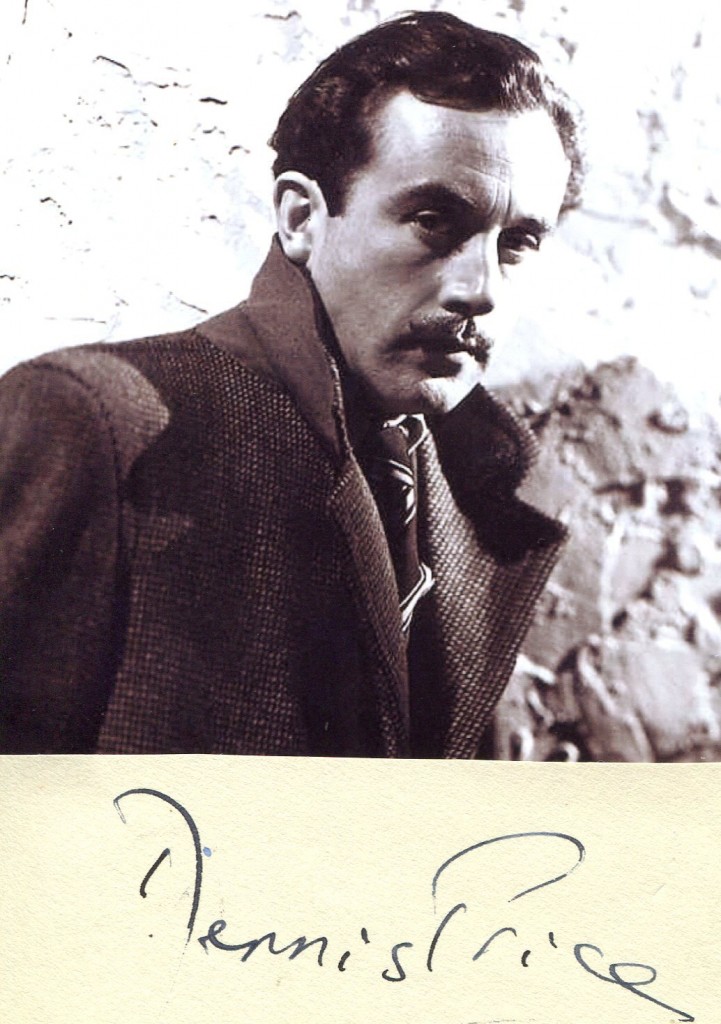
Dennis Price was a very popular British actor of the 1940’s and 50’s whose career deserves reappraisal. He was born in 1915 in Twyford, Berkshire to a military family. He made his stage debut in Croydon in 1937. His movies include “A Canterbury Tale” in 1944, “Hungary Hill” opposite Margaret Lockwood, “Kind Heart and Coronets”, “Tunes of Glory” and “Victim”. On television he starred with Ian Carmichael in the very popular “The World of Wooster” as the valet Jeeves. He died in 1973.
Gary Brumburgh’s entry:
This urbane, sourly handsome British actor was born to privilege and most of his roles would follow suit. Born Dennistoun John Franklyn Rose-Price in Berkshire in 1915, Dennis Price, the son of a brigadier-general, was expected to abide by his family wishes and make a career for himself in the army or the church. Instead he became an actor. First on stage (Oxford University Dramatic Society) where he debuted with John Gielgud in “Richard II” in 1937, he was further promoted in the theatre by Noel Coward.
After brief extra work, Price nabbed early star-making film roles in several overbaked Gainsborough mysteries/melodramas, including A Place of One’s Own (1945), The Magic Bow (1946) and Caravan (1946), but the one showcase role that could have led him to Hollywood, that of the title poet in The Bad Lord Byron (1949), proved a critical and commercial failure. He took this particularly hard and fell into severe depression. His fatally charming serial murderer in Kind Hearts and Coronets (1949), in which he does in nearly all of Alec Guinness‘ eight characters (Guiness plays eight different roles), is arguably his crowning achievement on celluloid.
By the 50s Price was suffering from severe alcoholism, which adversely affected his personal and professional career. A marriage to bit actress Joan Schofield in 1939 ended eleven years later, due to his substance abuse problem and homosexuality, the latter being a source of great internal anguish for him. They had two daughters.
Price became less reliable and fell steeply in his ranking, moving into less quality “B” pictures. Eccentric comedy renewed his fading star a bit in such delightful farces asPrivate’s Progress (1956), I’m All Right Jack (1959) and School for Scoundrels (1960). TV also saved him for a time in the 60s with the successful series The World of Wooster(1965), in which he played the disdainful butler, Jeeves.
Bad times, however, resurfaced. He filed bankruptcy in 1967 and moved to the remote Channel Island of Sark for refuge. Many of his roles were reduced to glorified cameos and the necessity for cash relegated him to appearing in campy “Z” grade cheapfests, many helmed by the infamous writer/director Jesús Franco, a sort of Spanish version of Roger Corman. Vampyros Lesbos (1971) was just one of his dreadful entries. Price also played Dr. Frankenstein for Franco in Drácula contra Frankenstein (1972) [Dracula vs. Frankenstein] and the The Erotic Rites of Frankenstein (1972) [The Erotic Rites of Frankenstein]. Fully bloated and in delicate health, he died in 1973 at age 58 in a public ward from liver cirrhosis. A sad ending for one who of Britain’s more promising actors and film stars.
– IMDb Mini Biography By: Gary Brumburgh / gr-home@pacbell.net



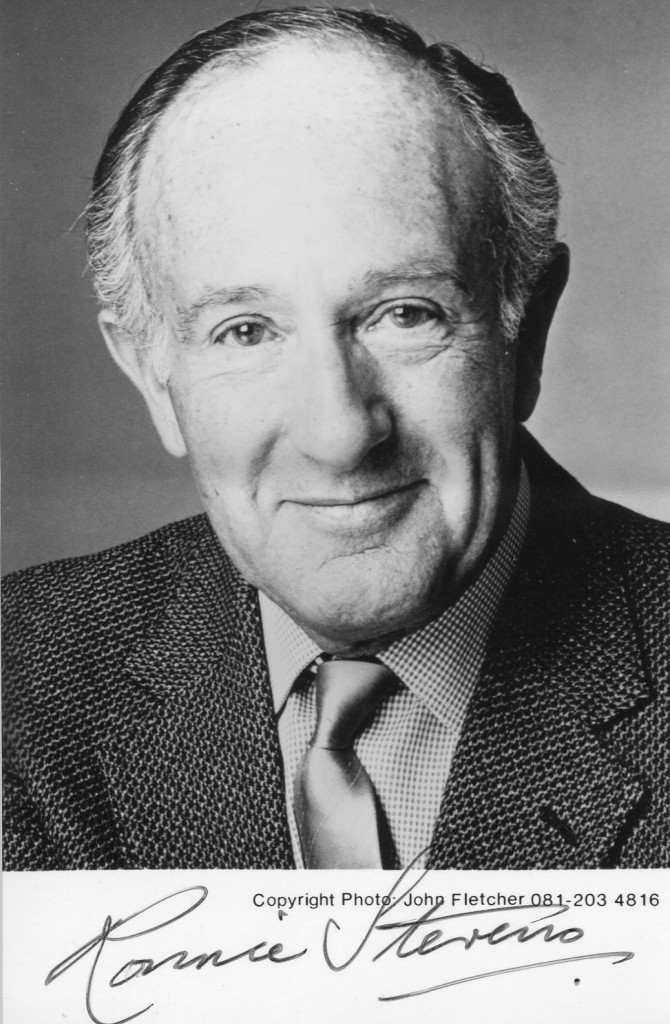




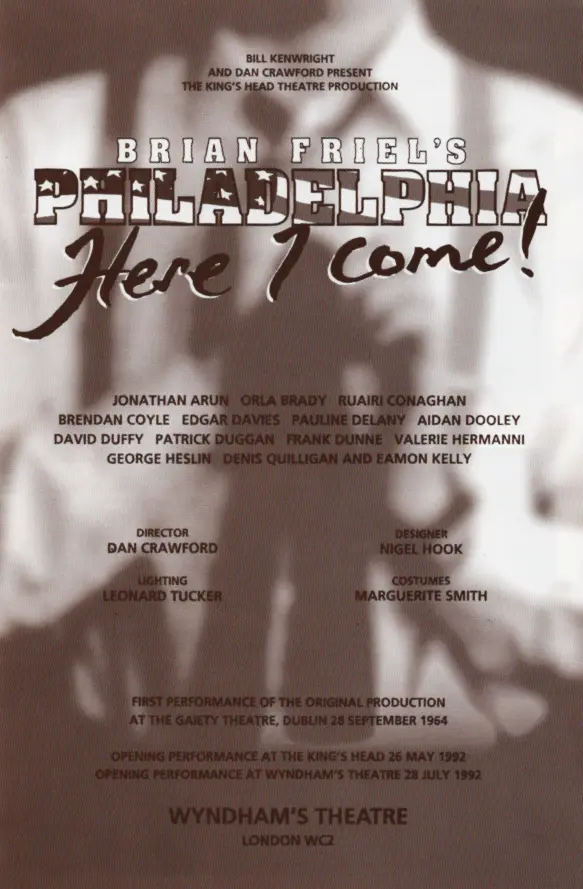
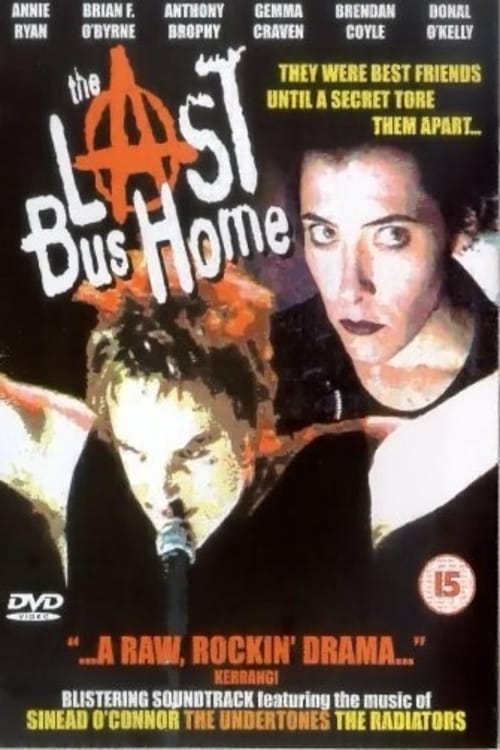




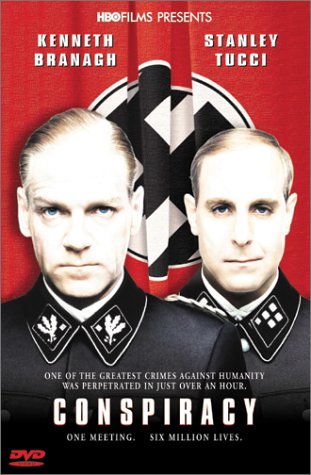
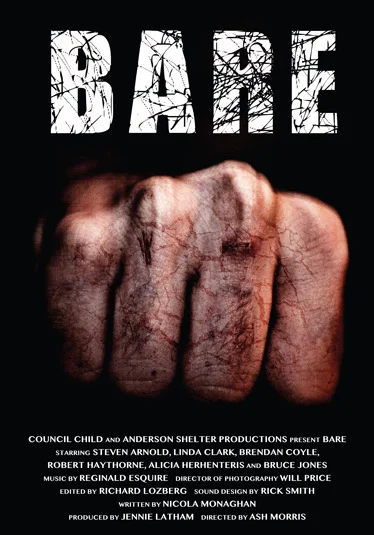
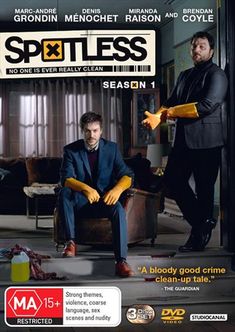

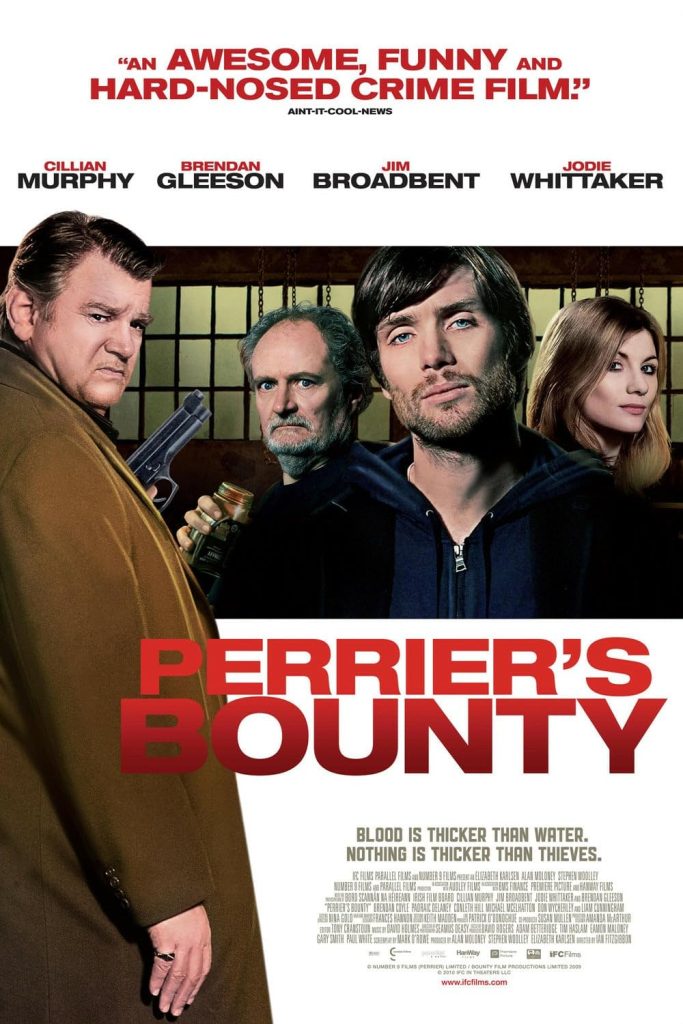
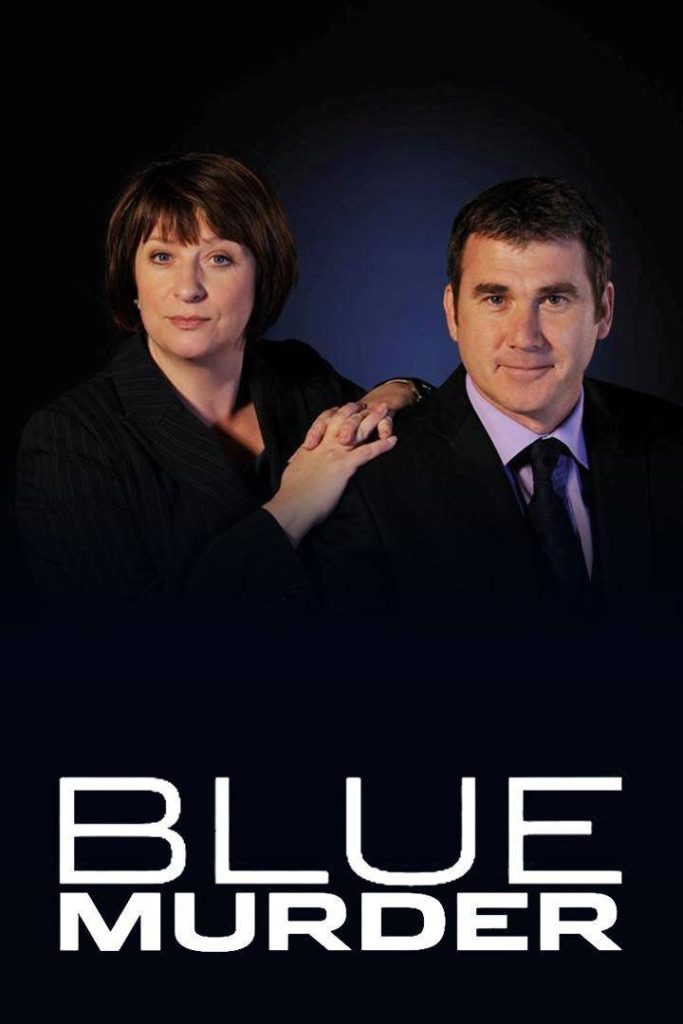

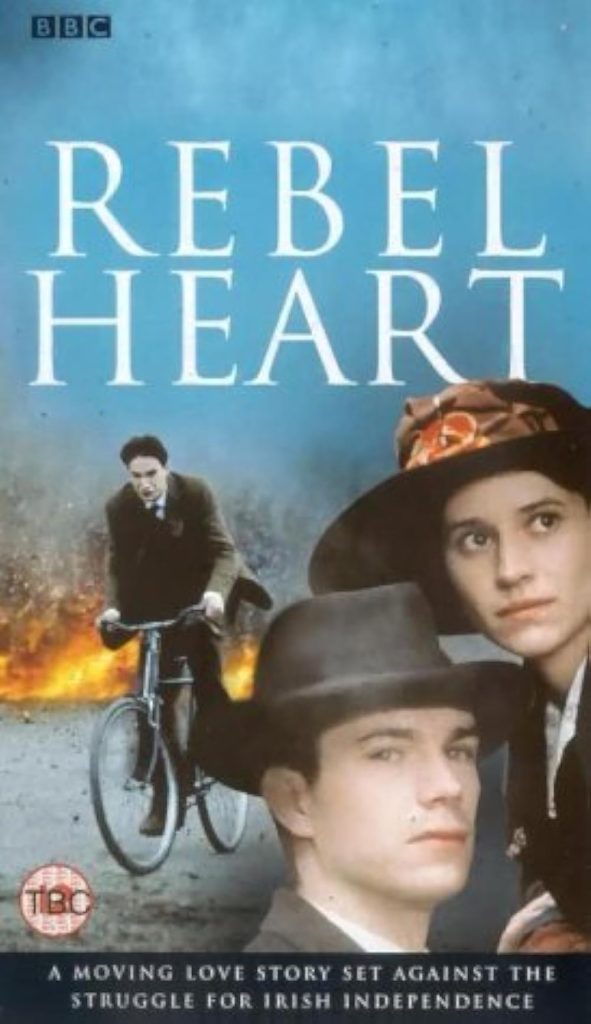
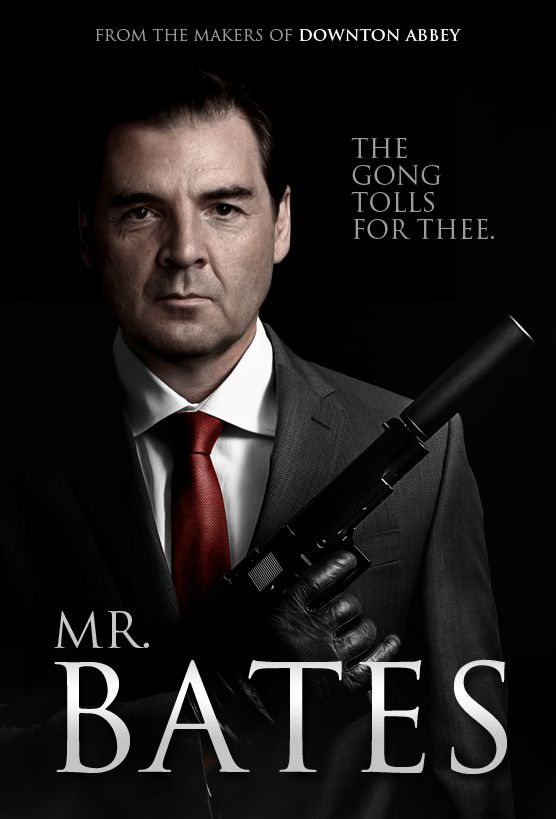
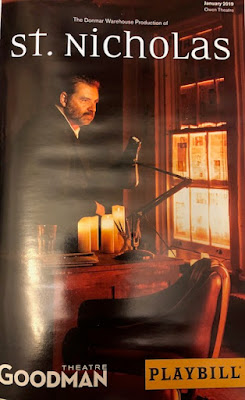
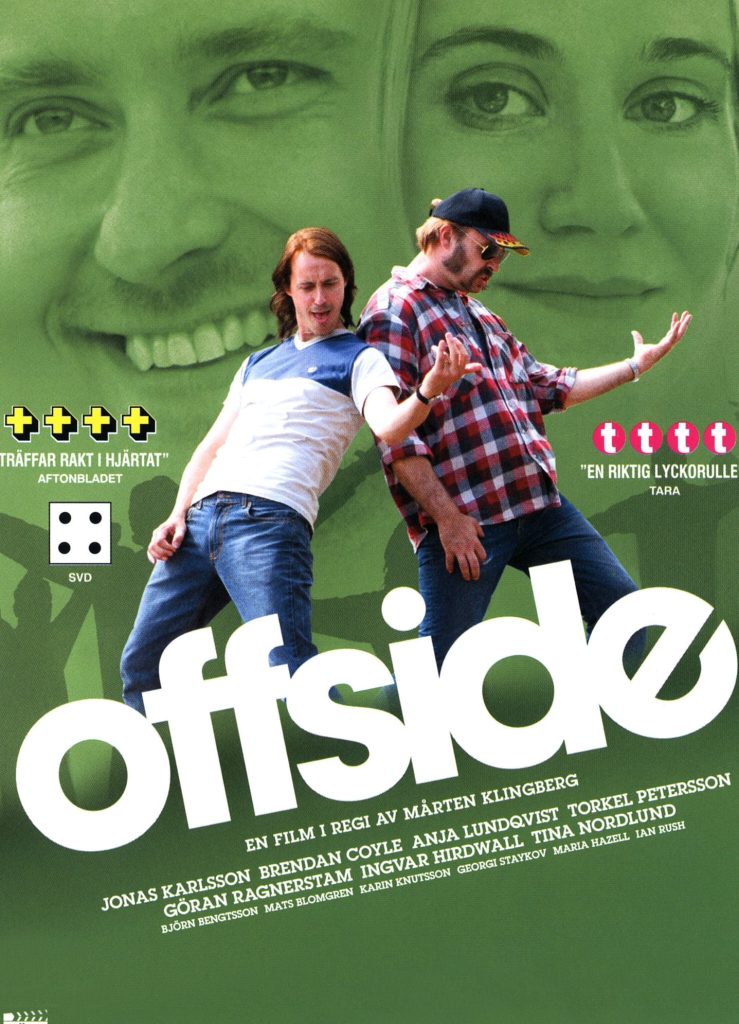



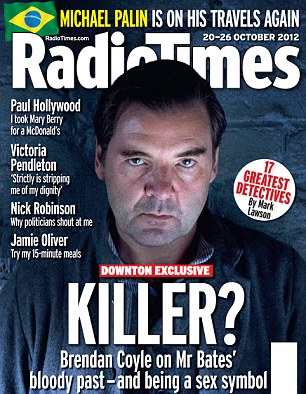

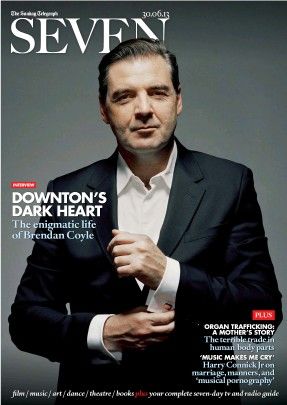
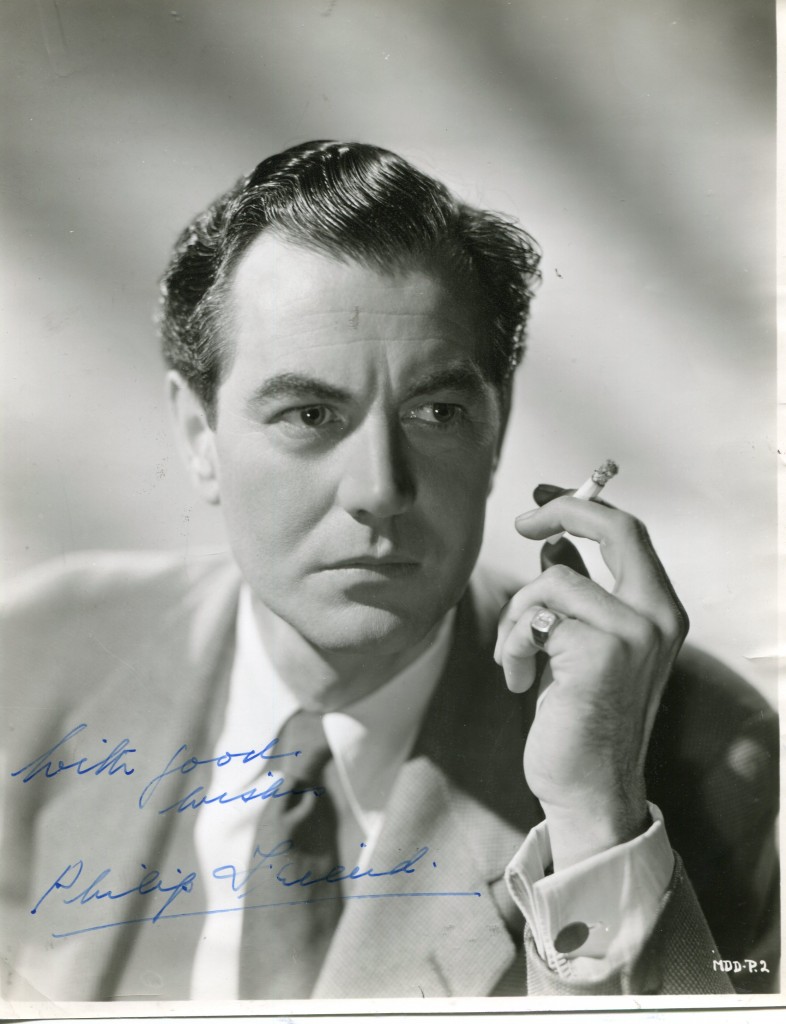
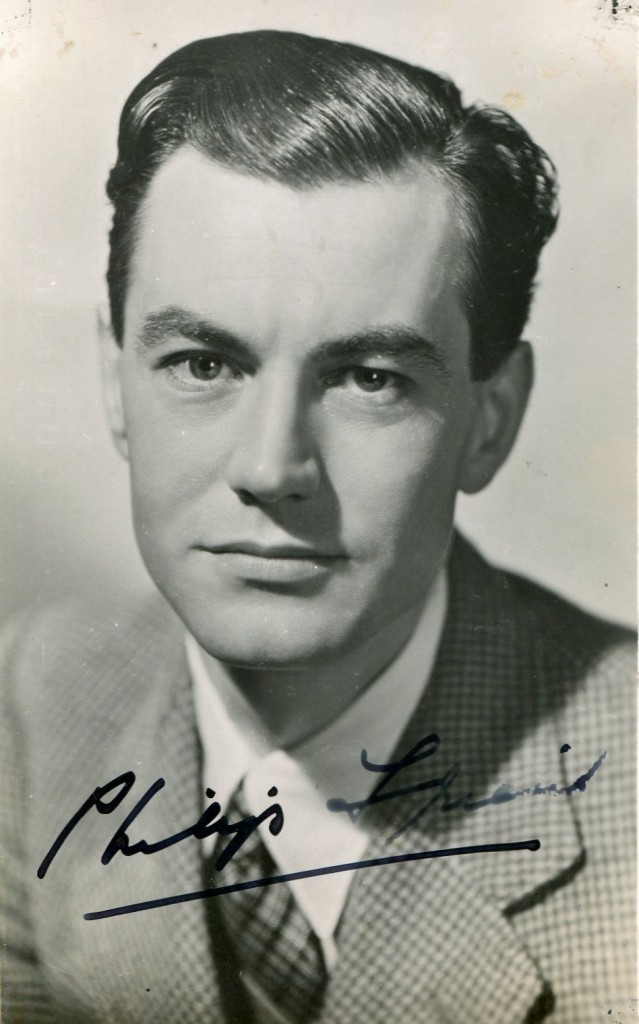
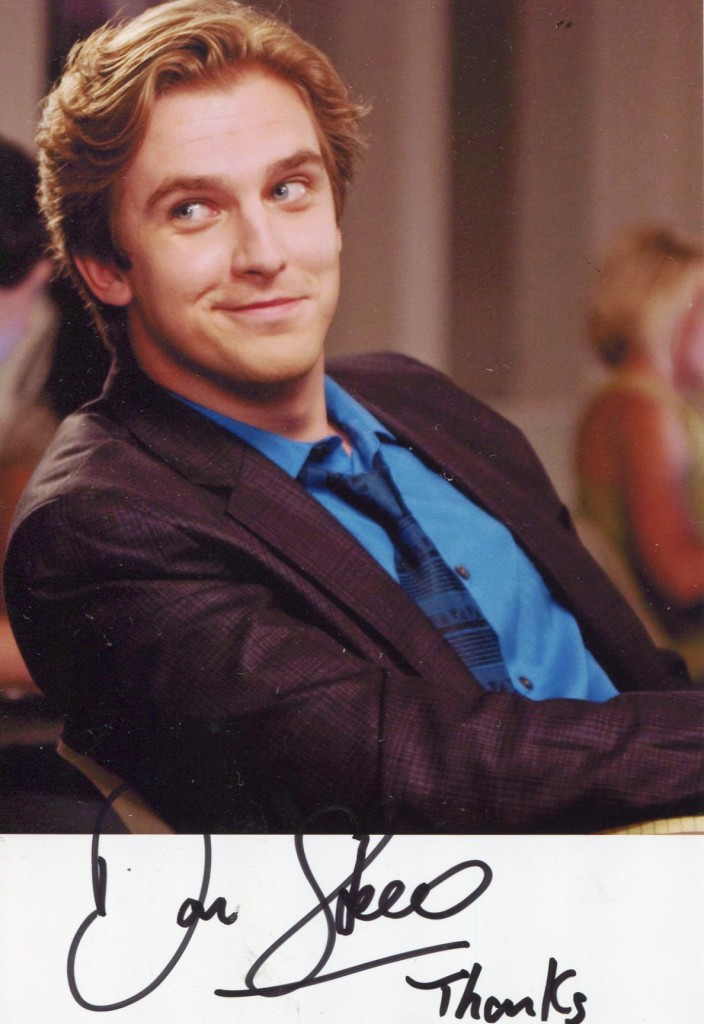



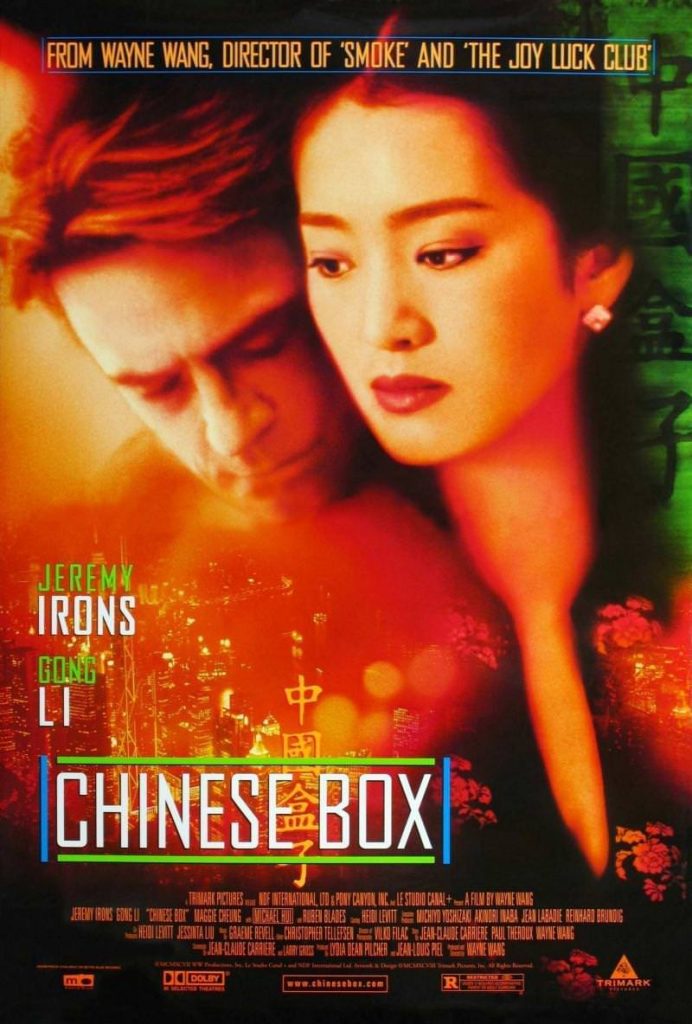
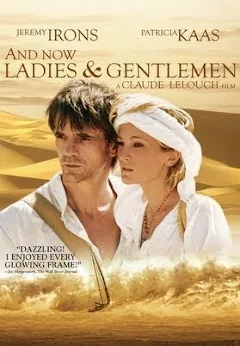
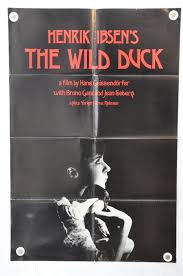
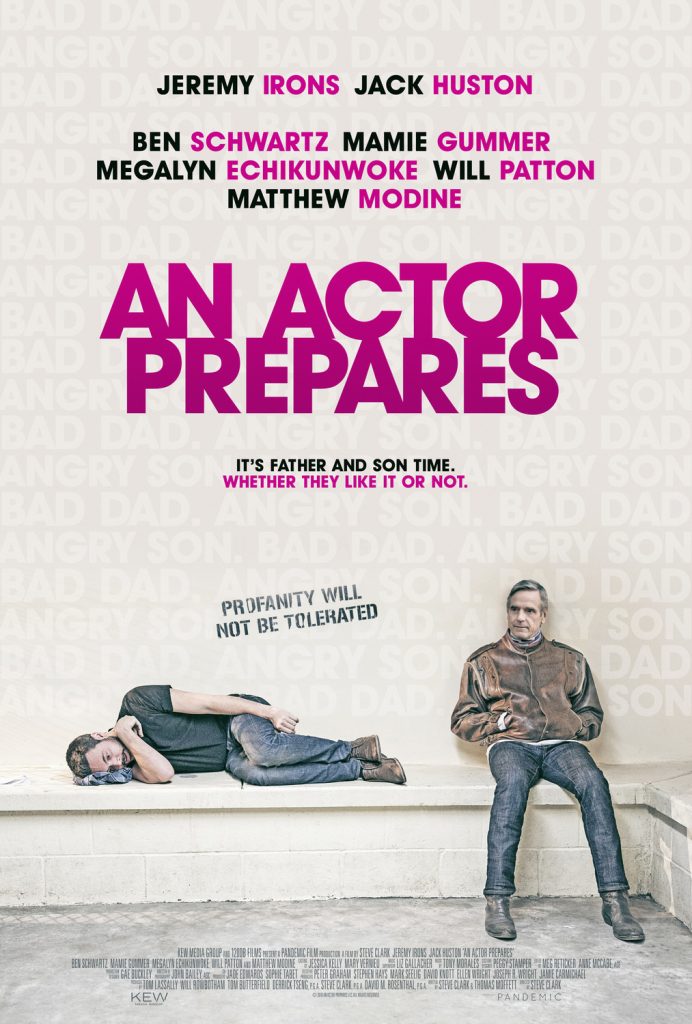


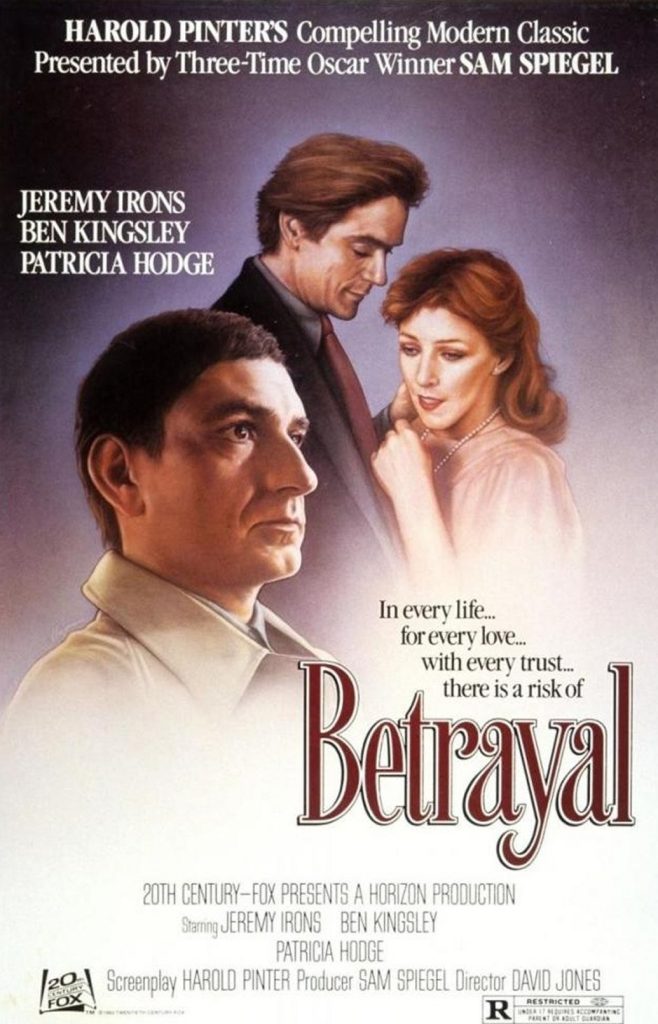
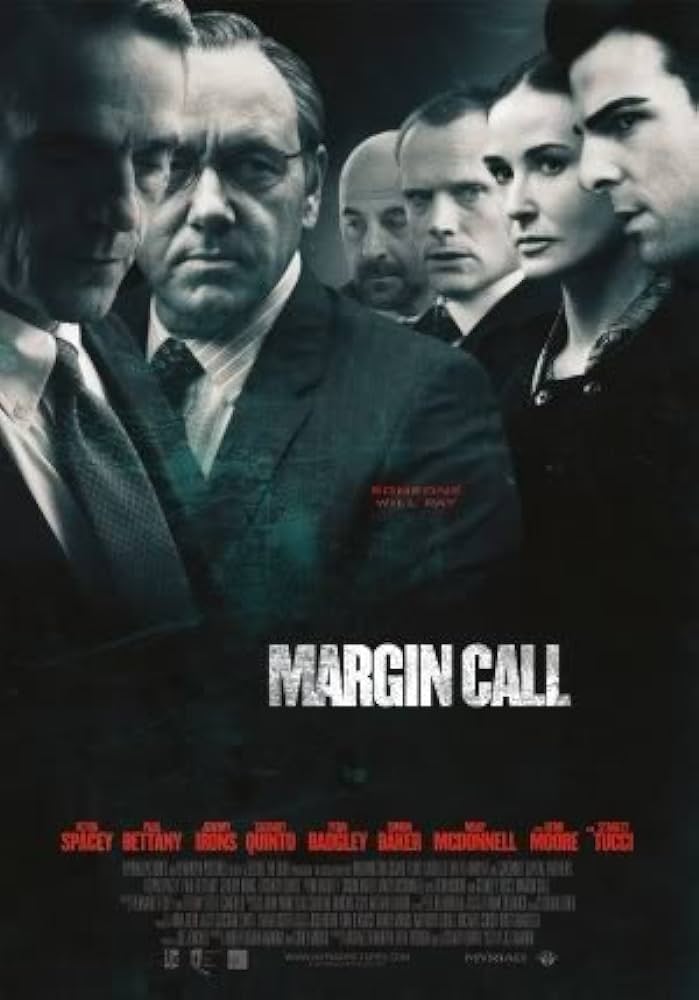

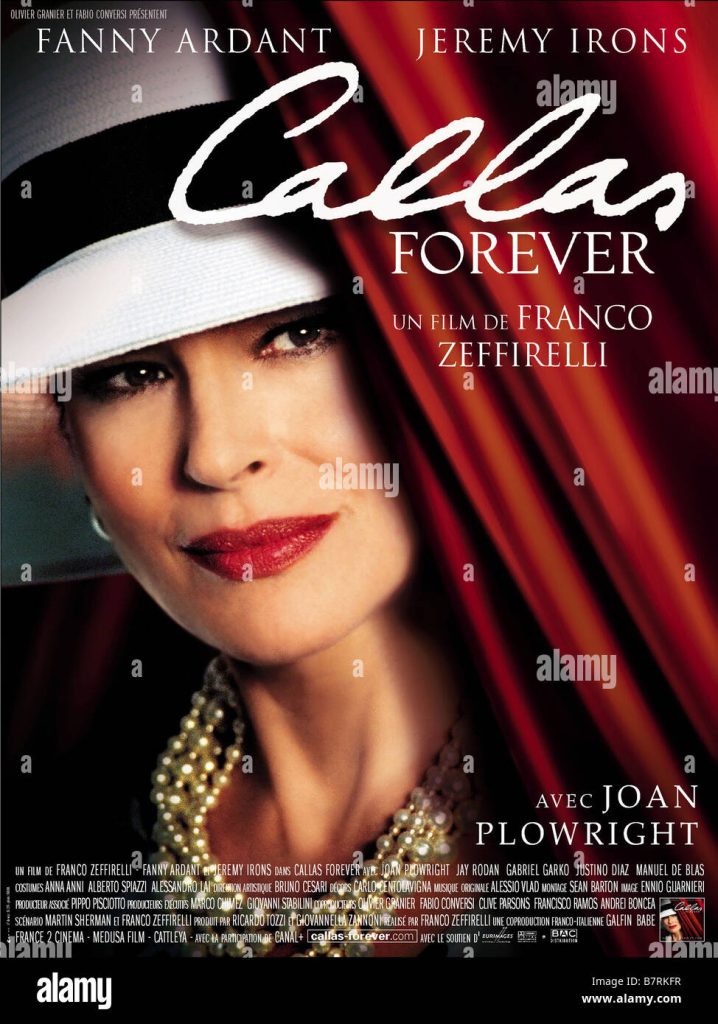
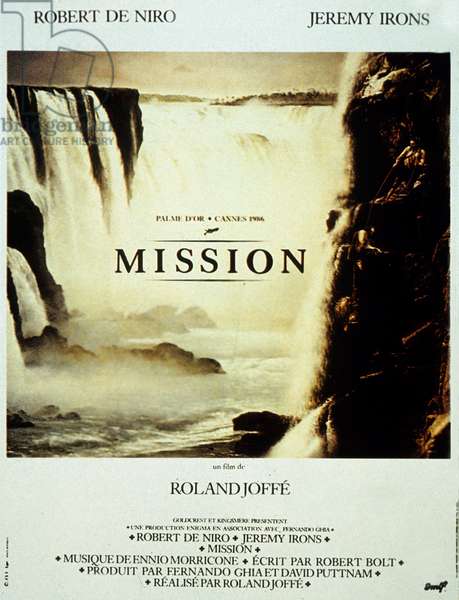
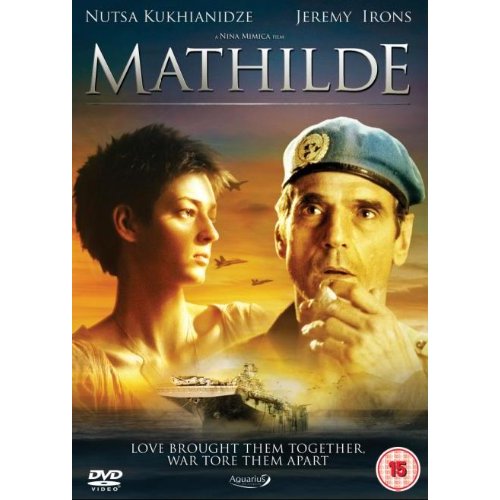
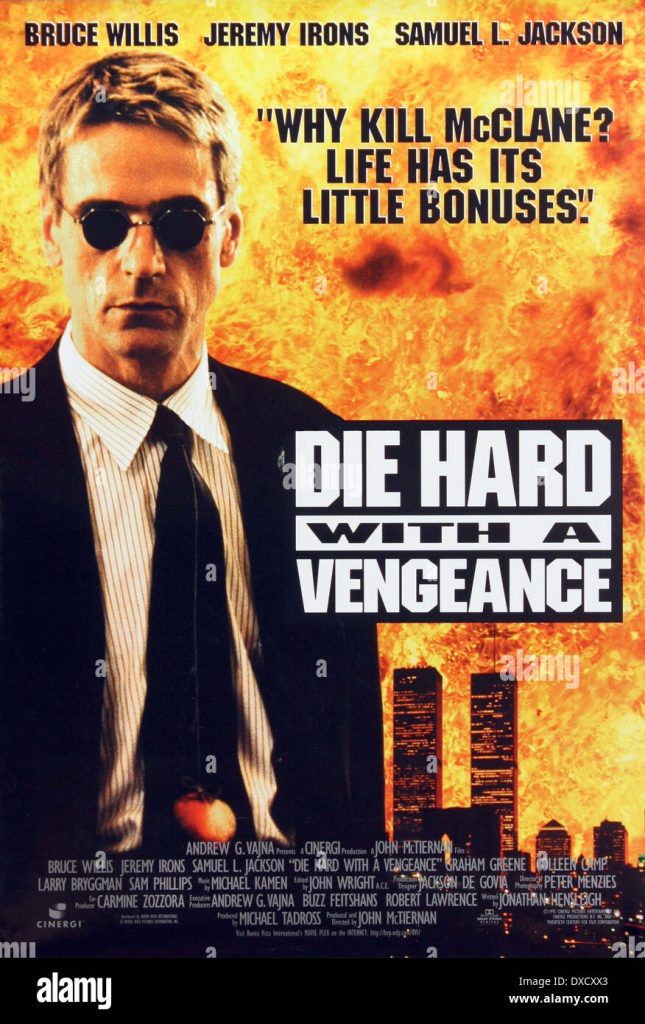

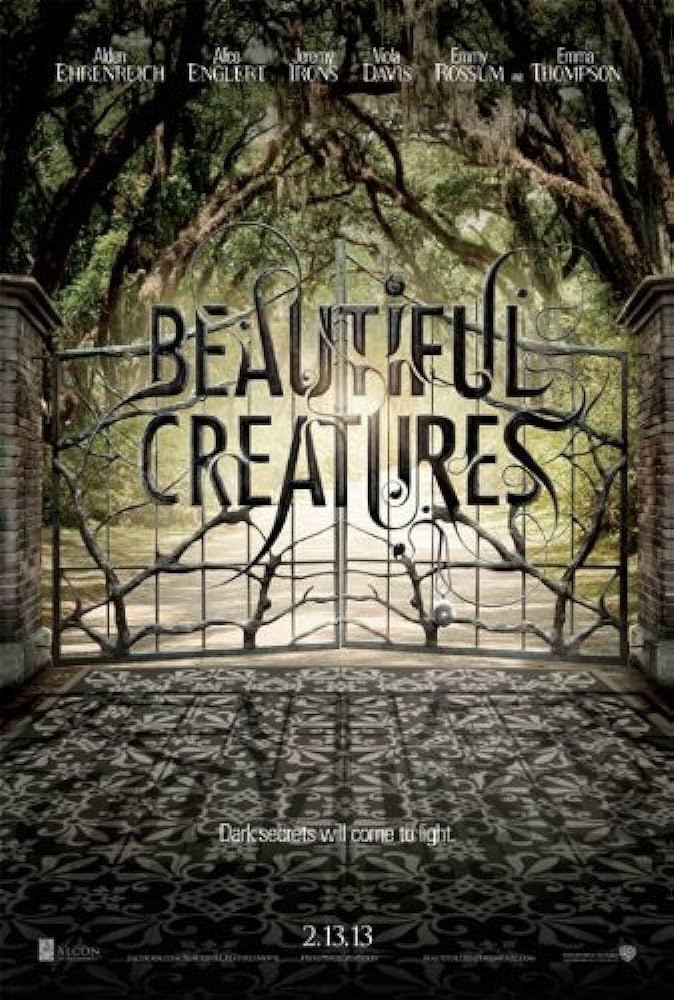
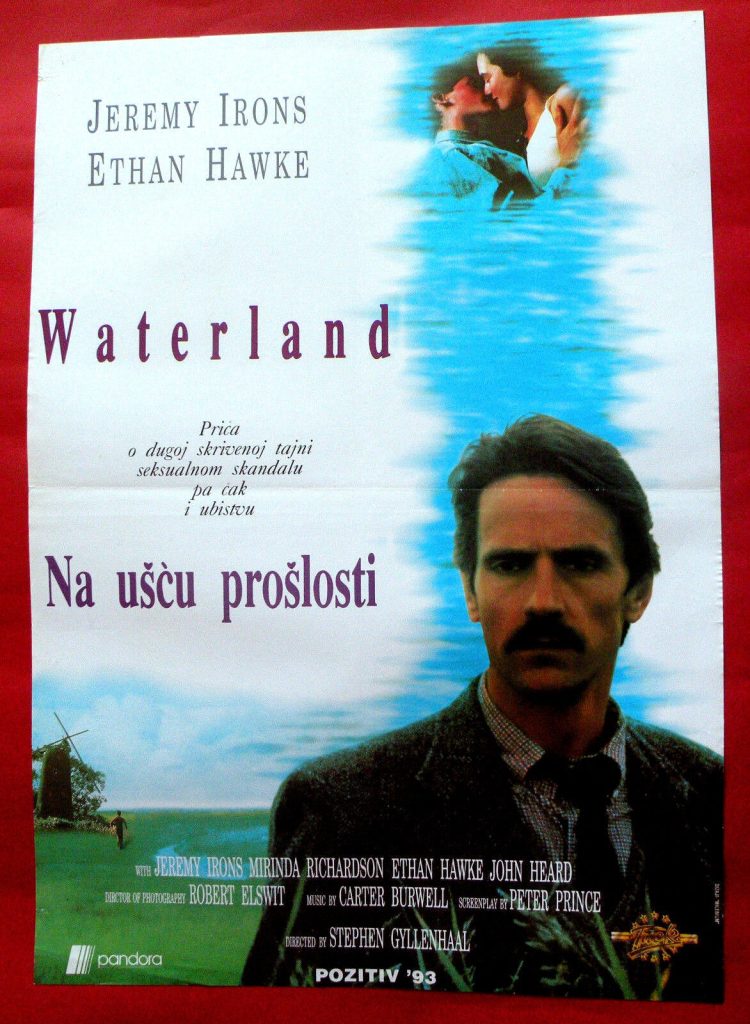
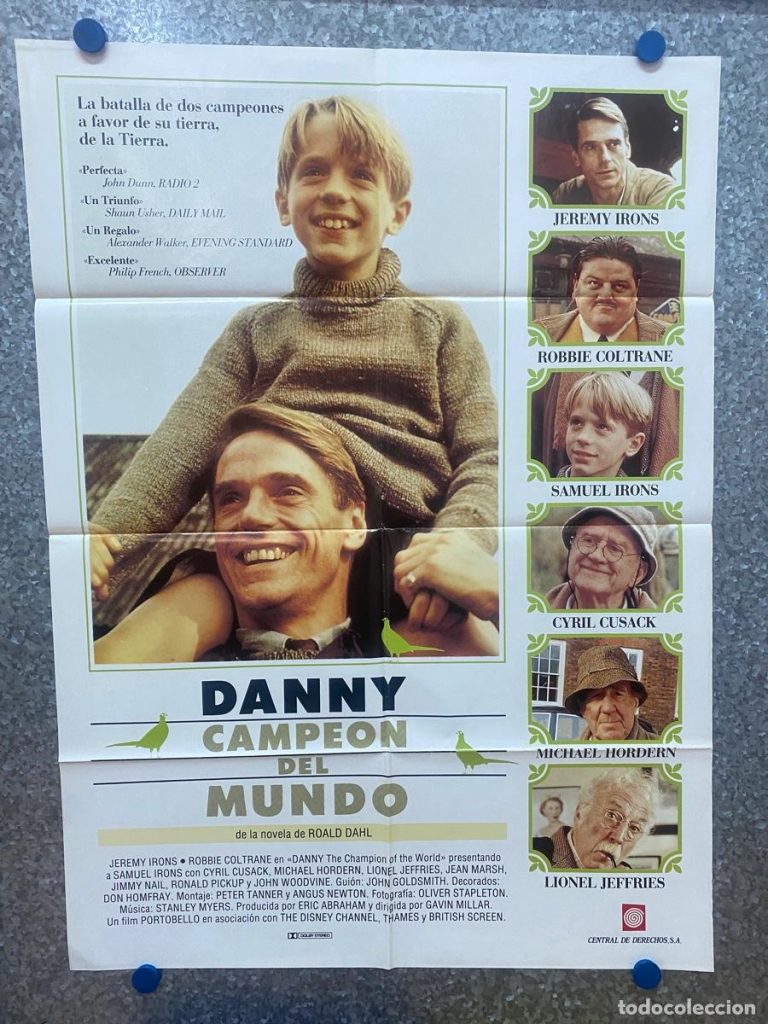


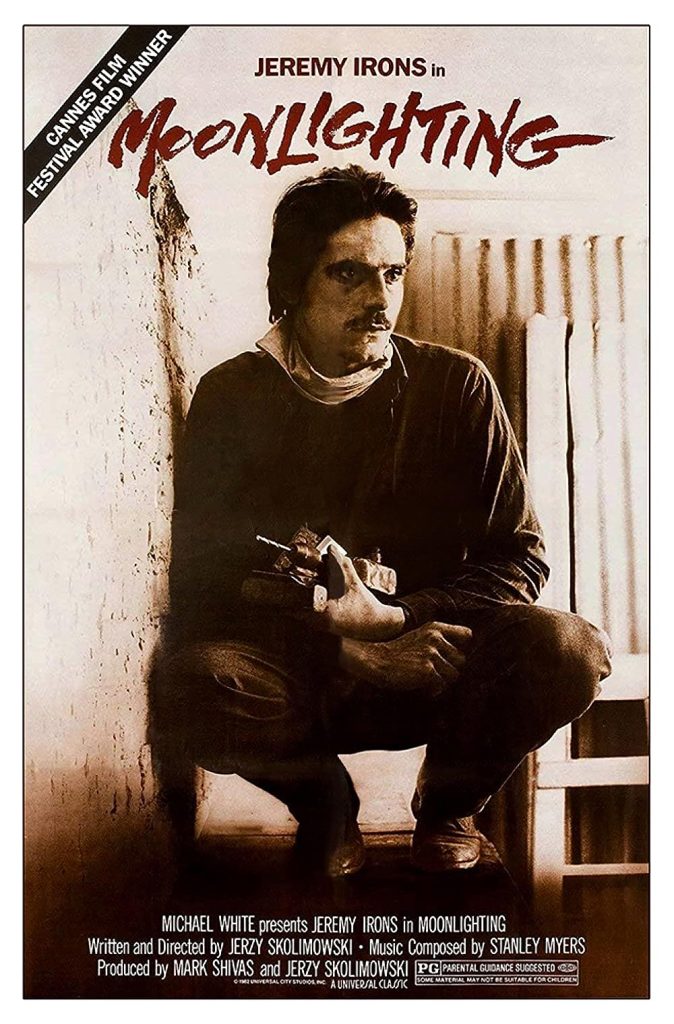
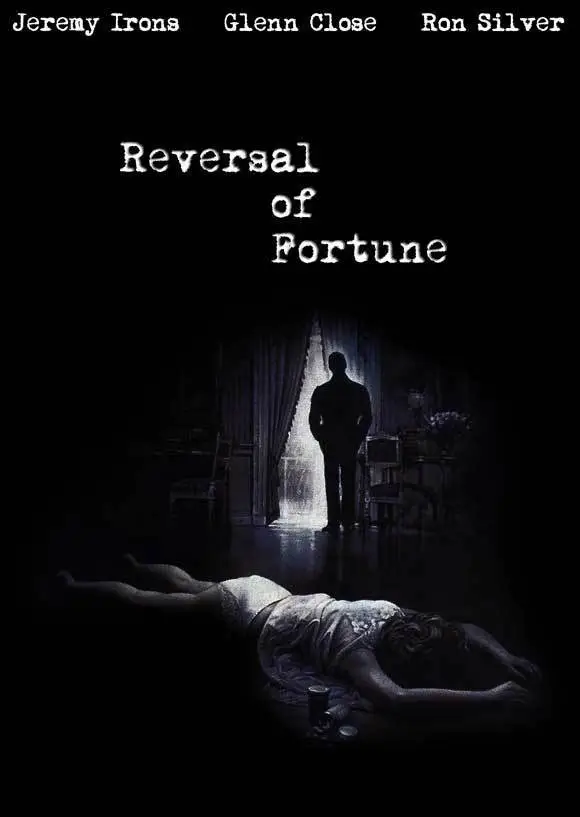


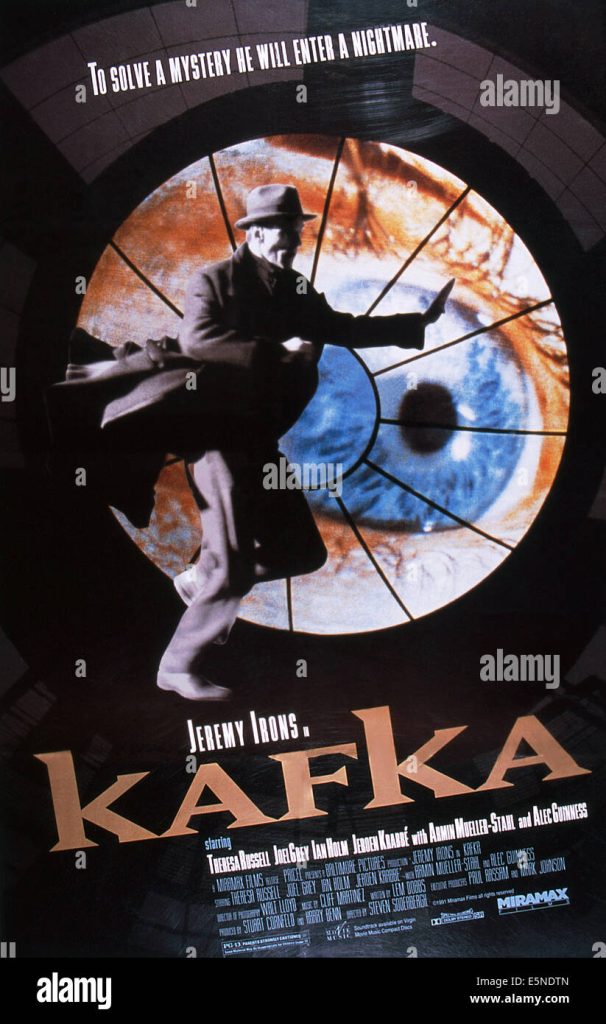

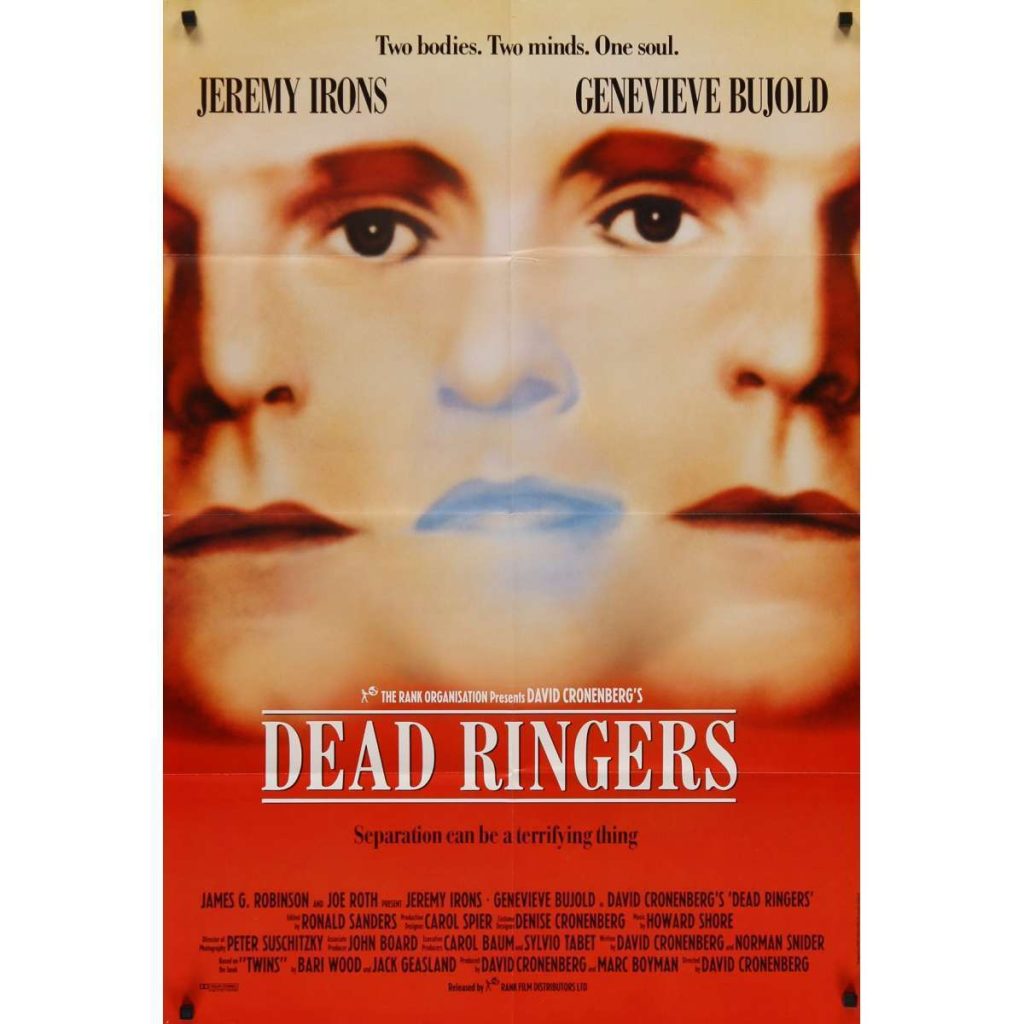


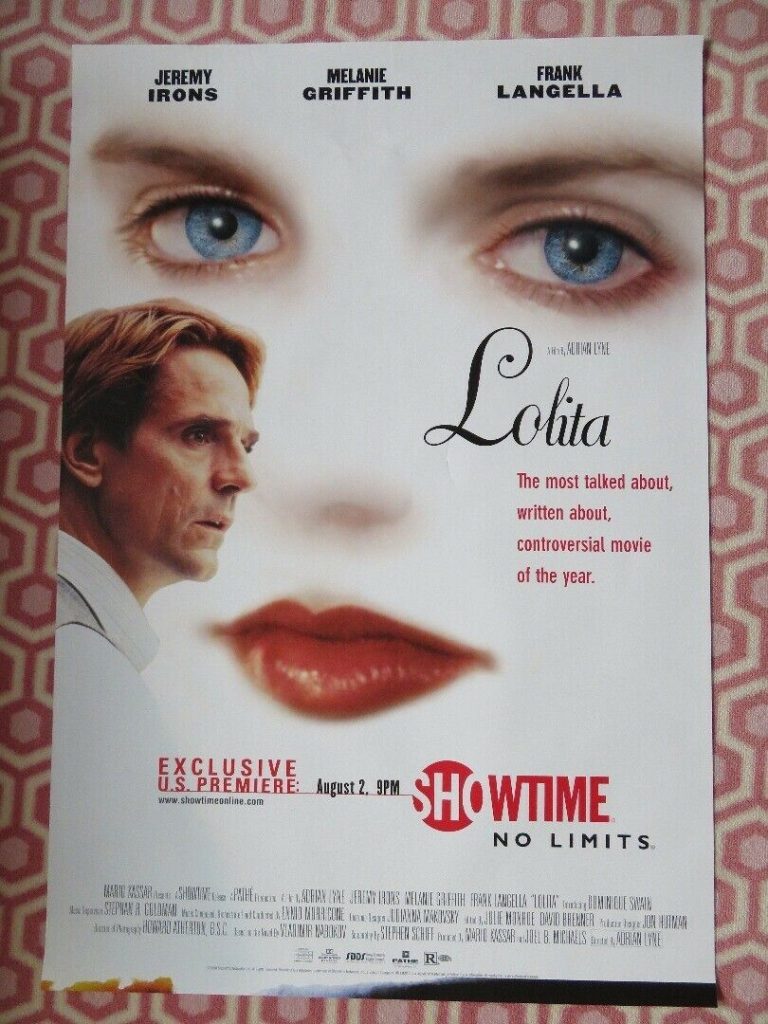
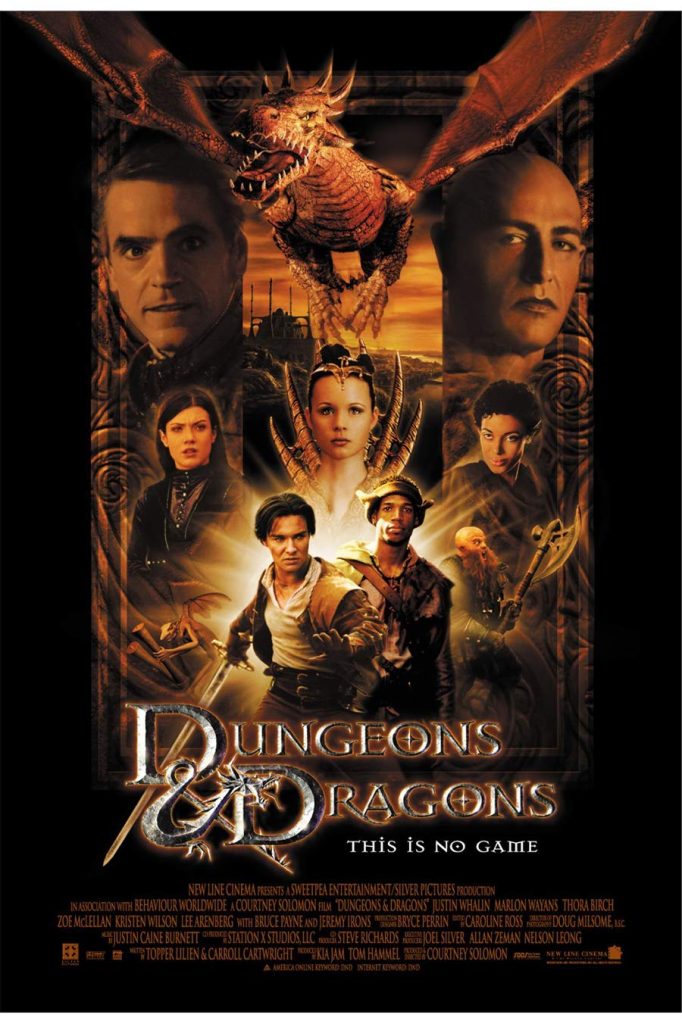

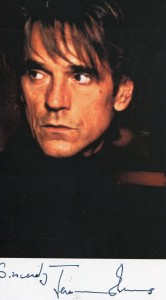
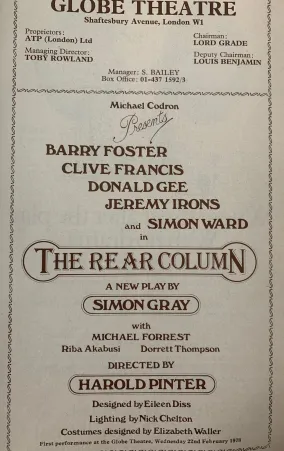

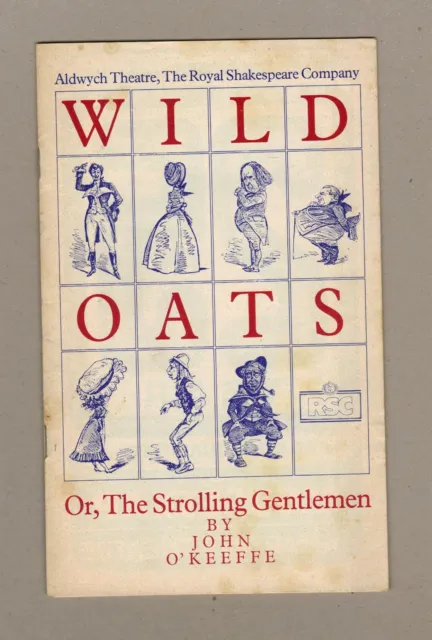
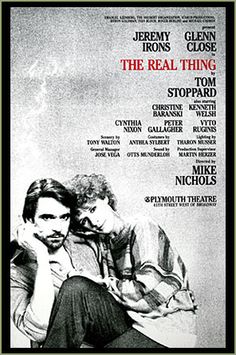
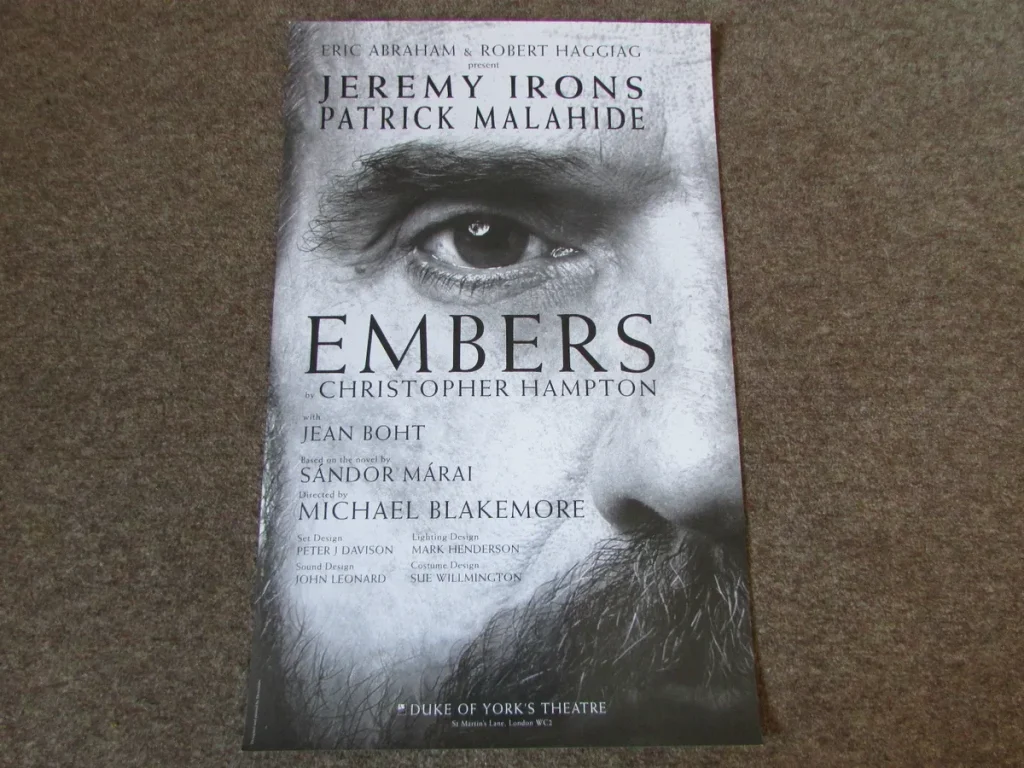
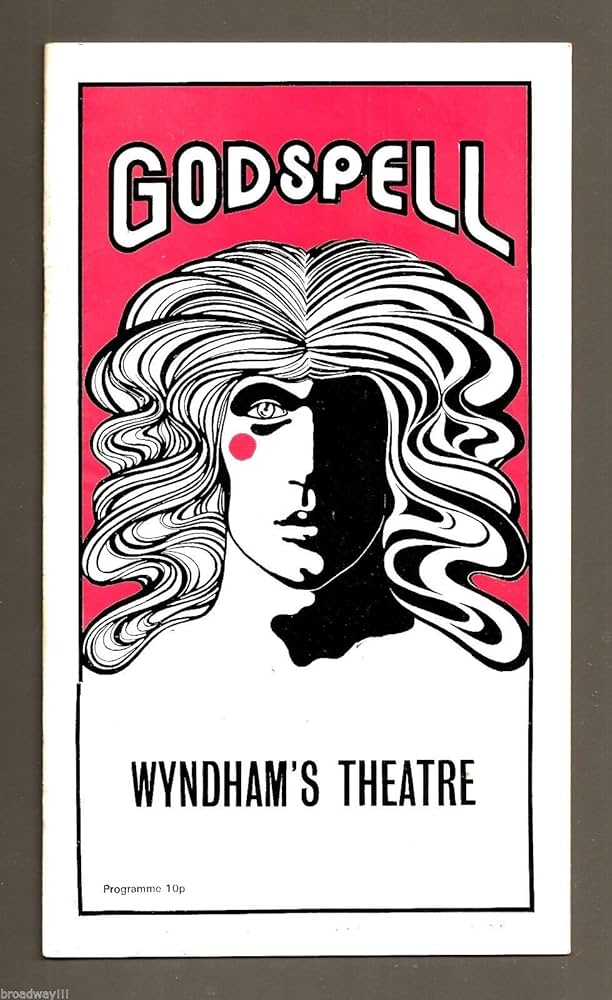
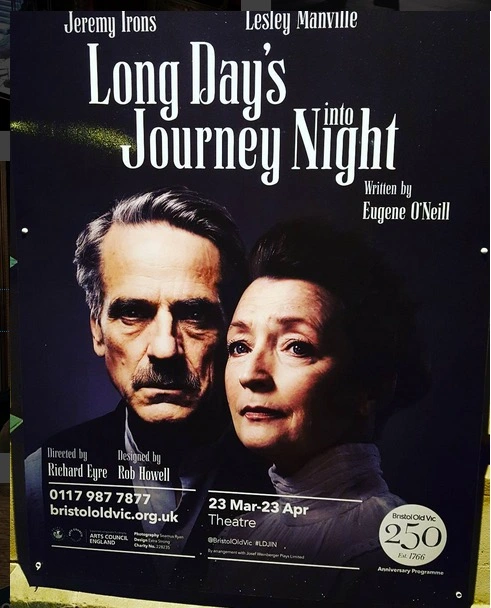
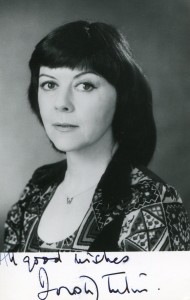
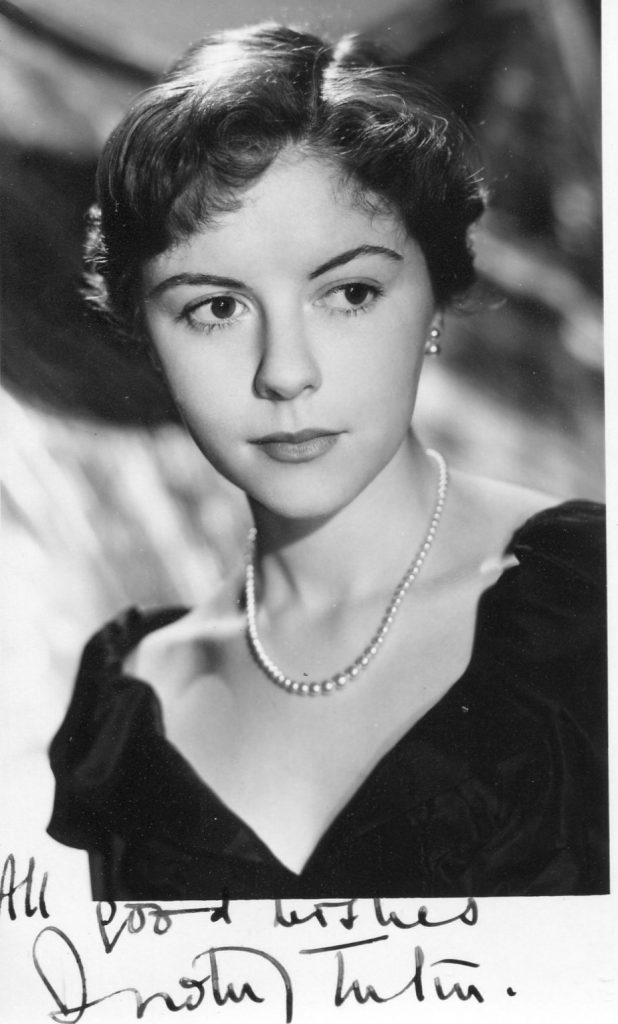
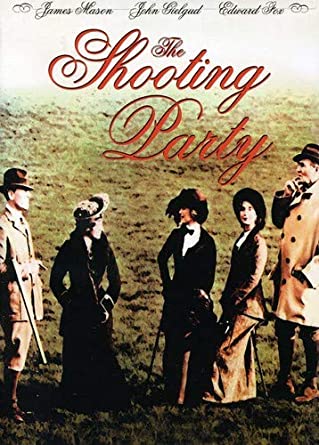
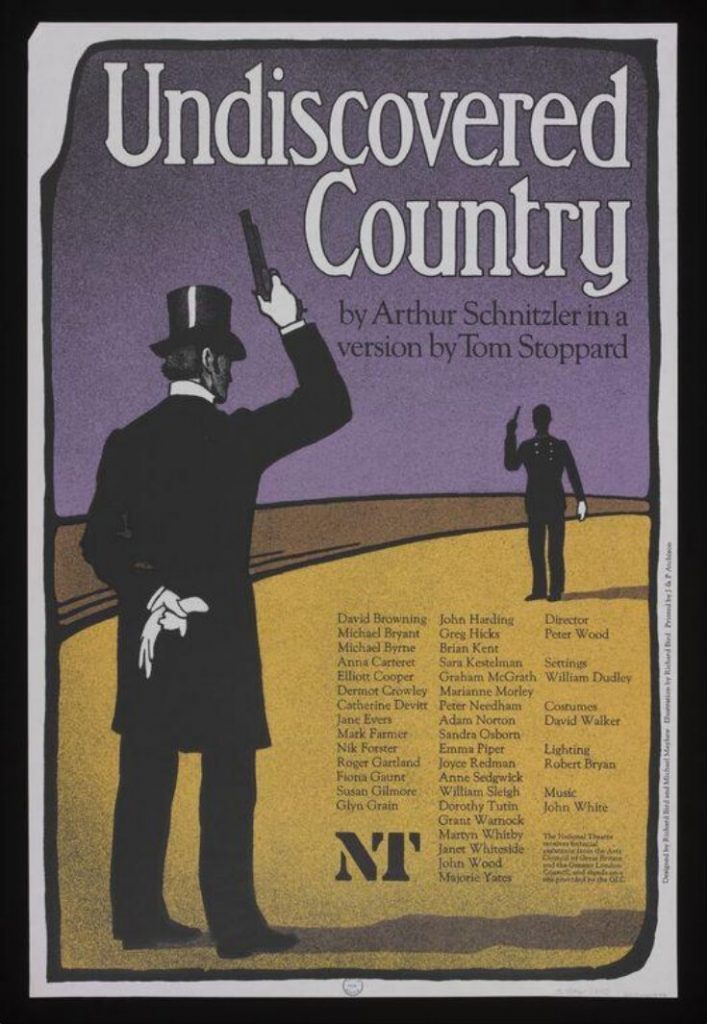
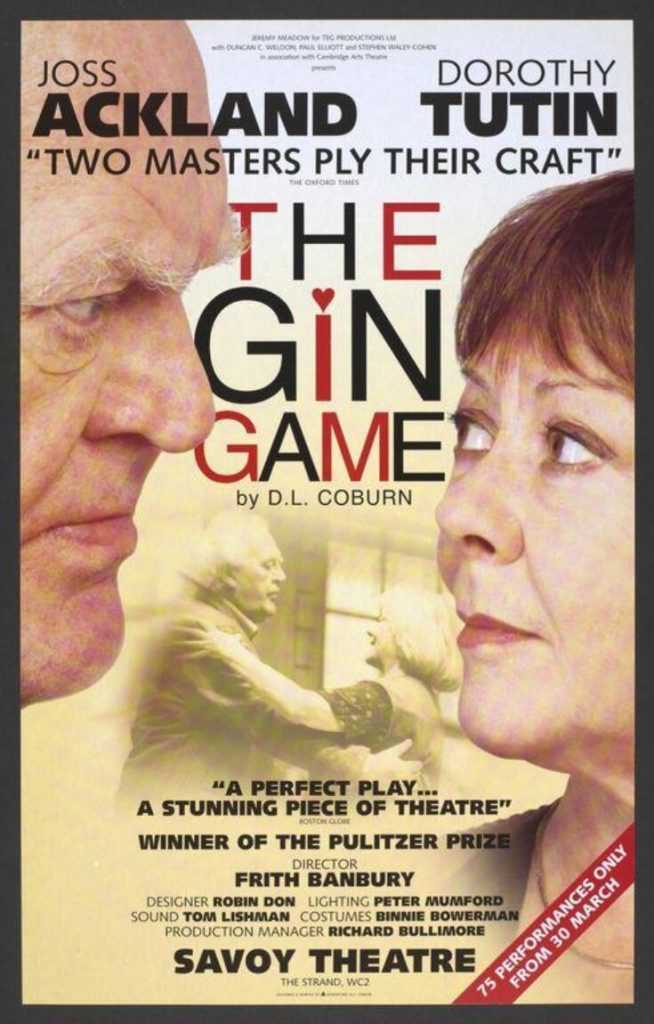
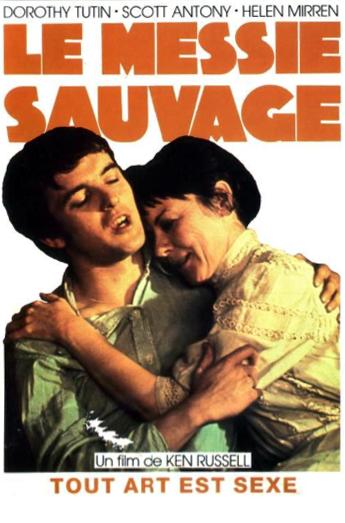

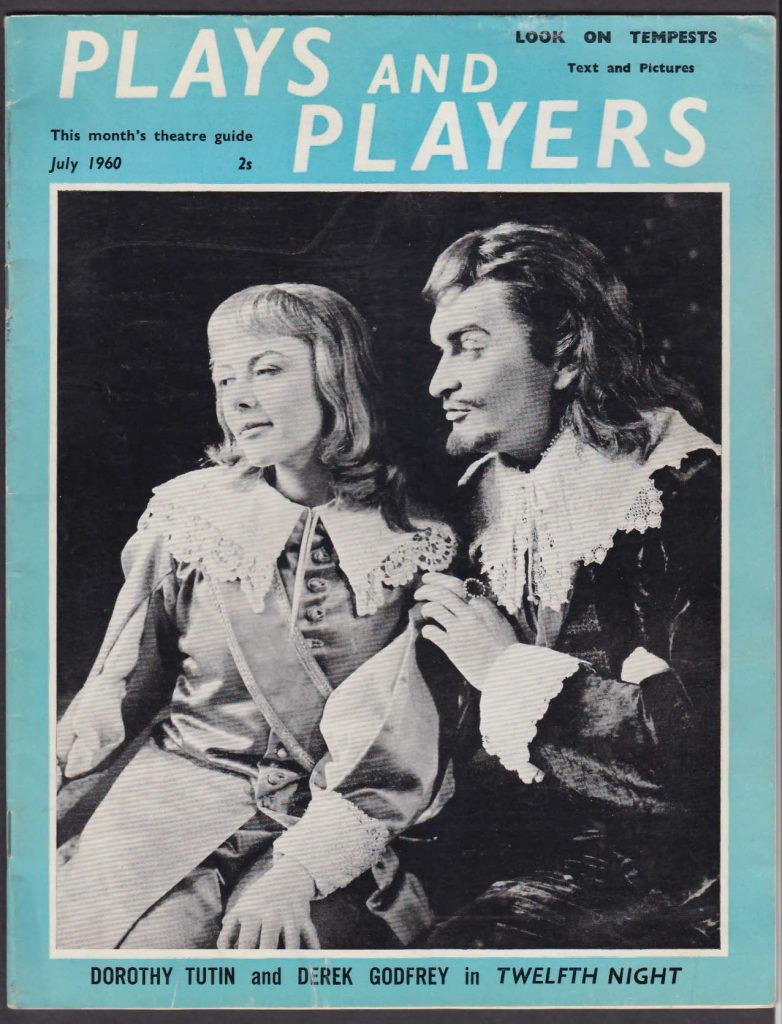
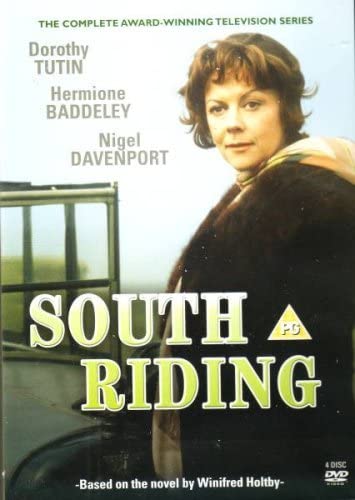
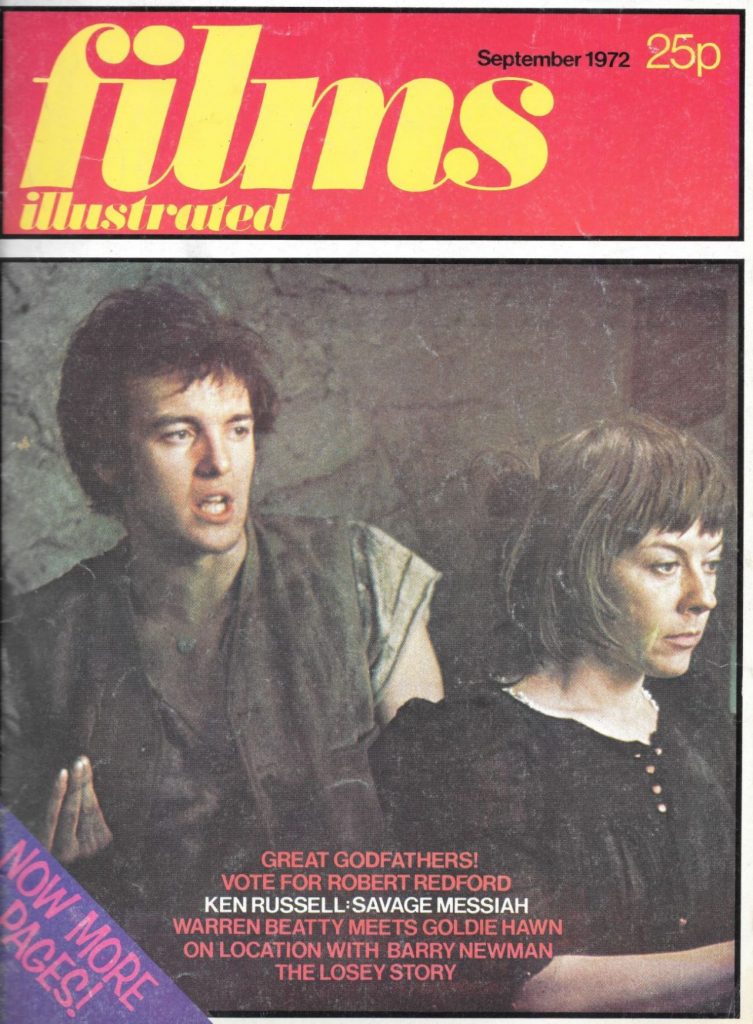
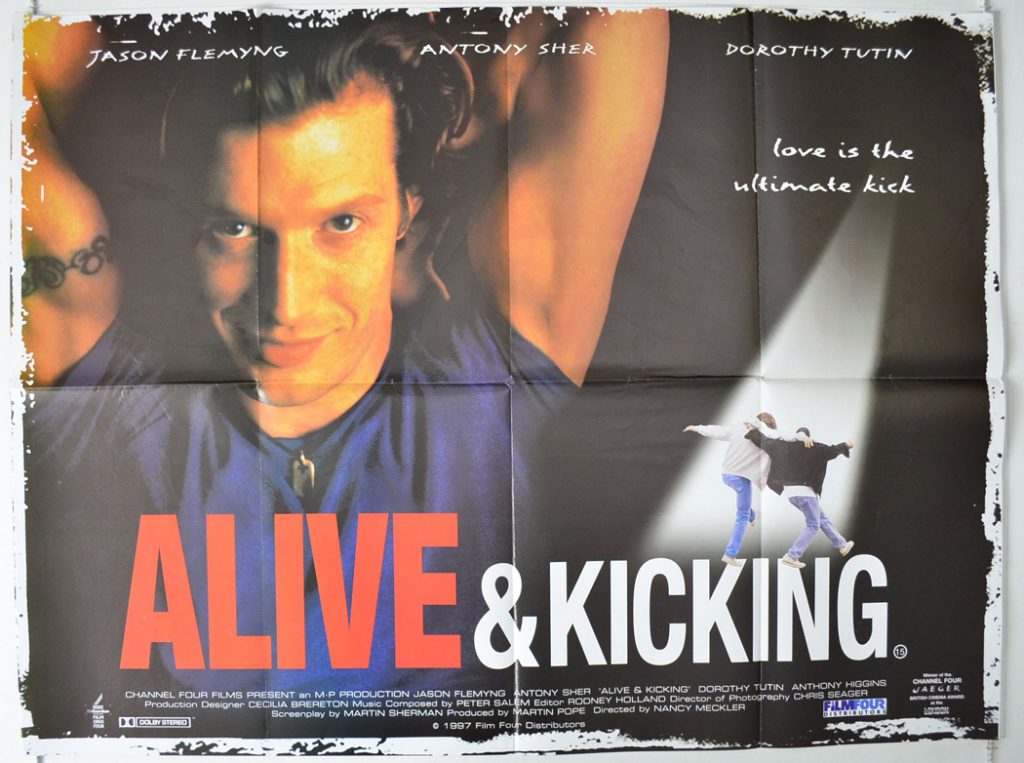

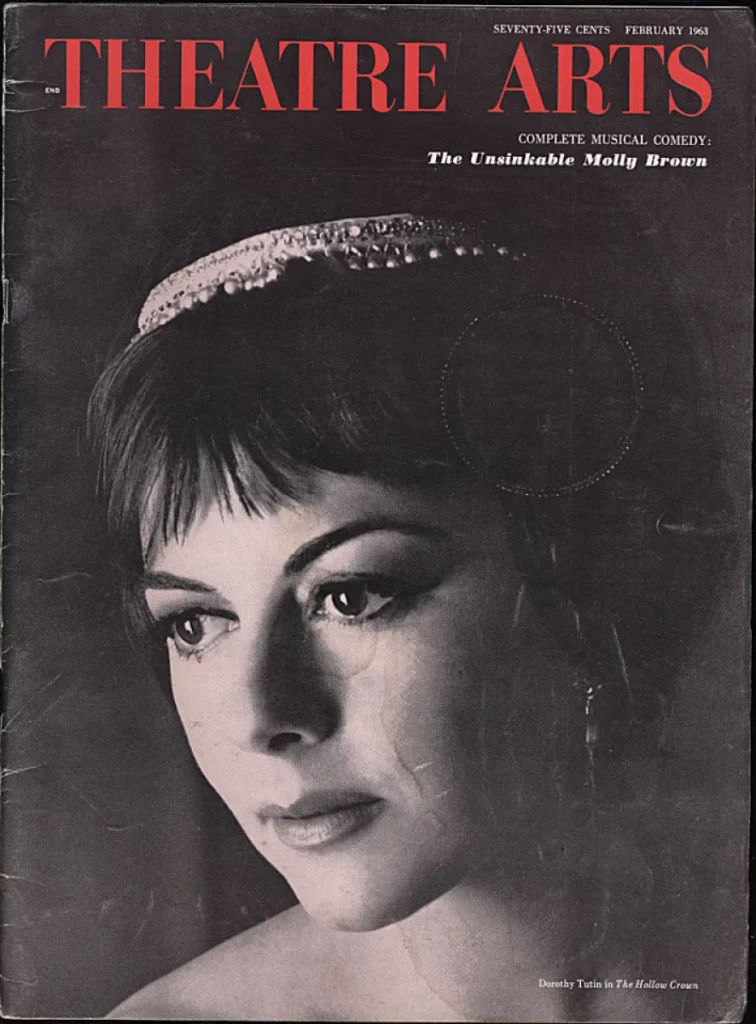
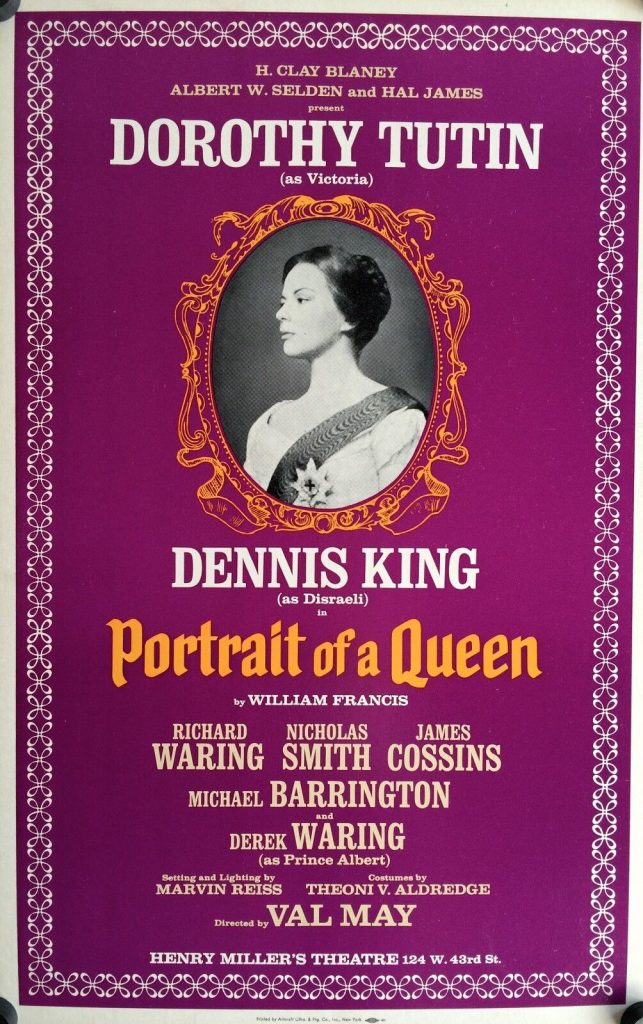
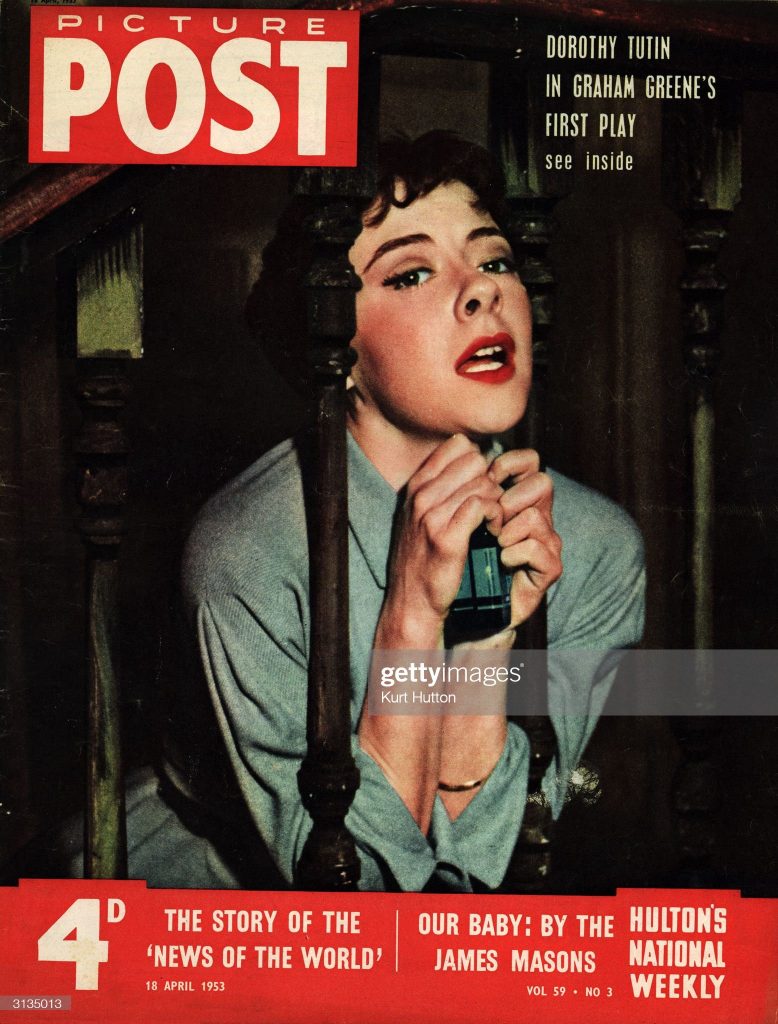
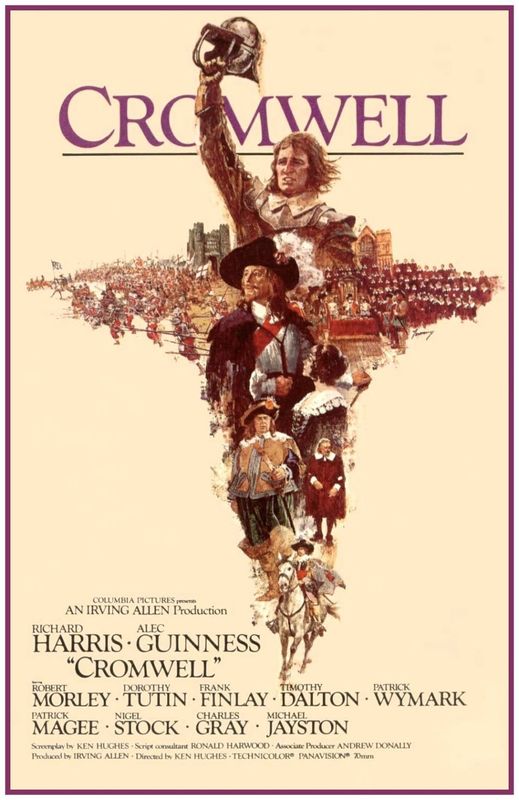

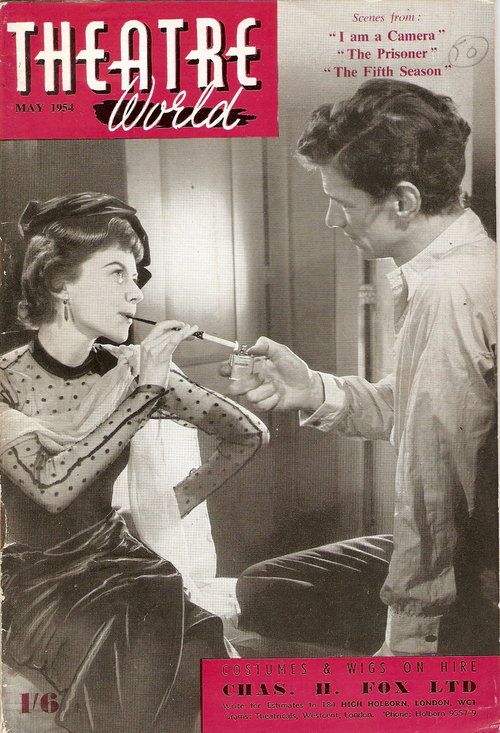
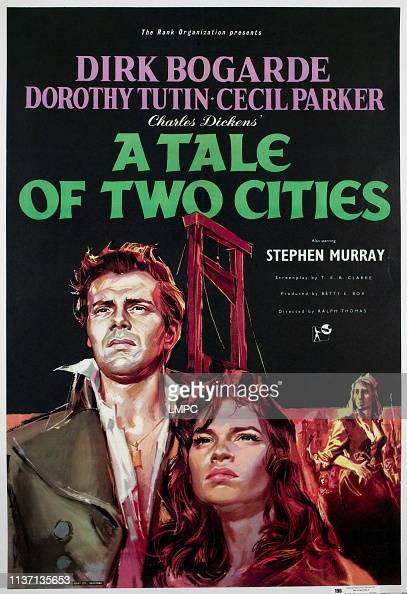
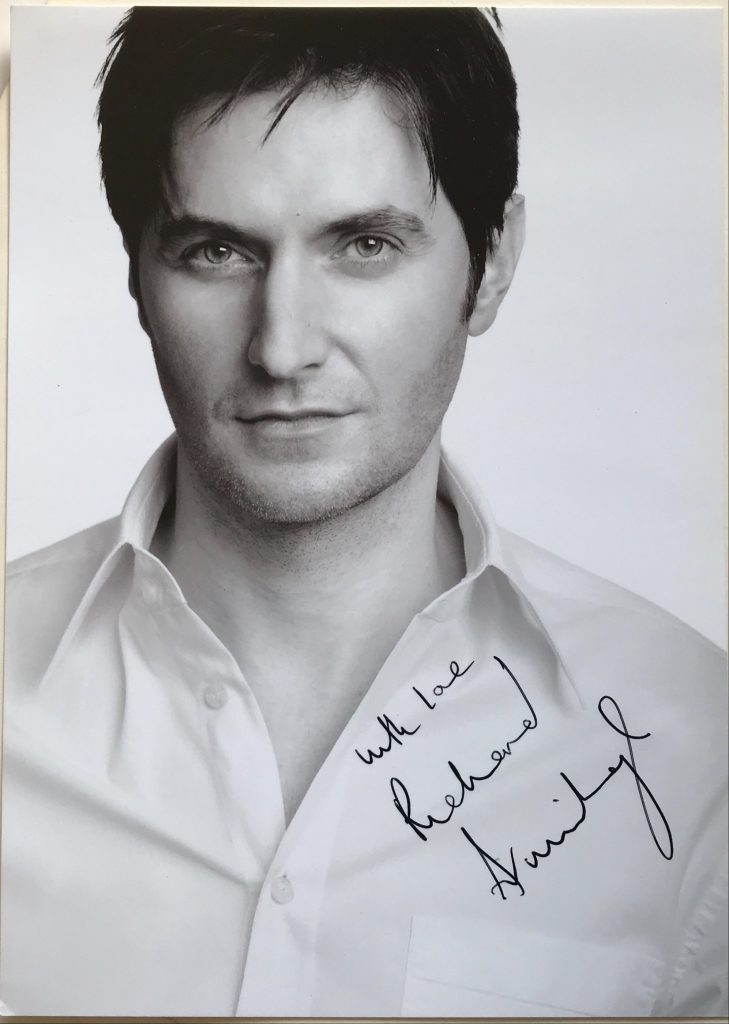 Richard Armitage
Richard Armitage